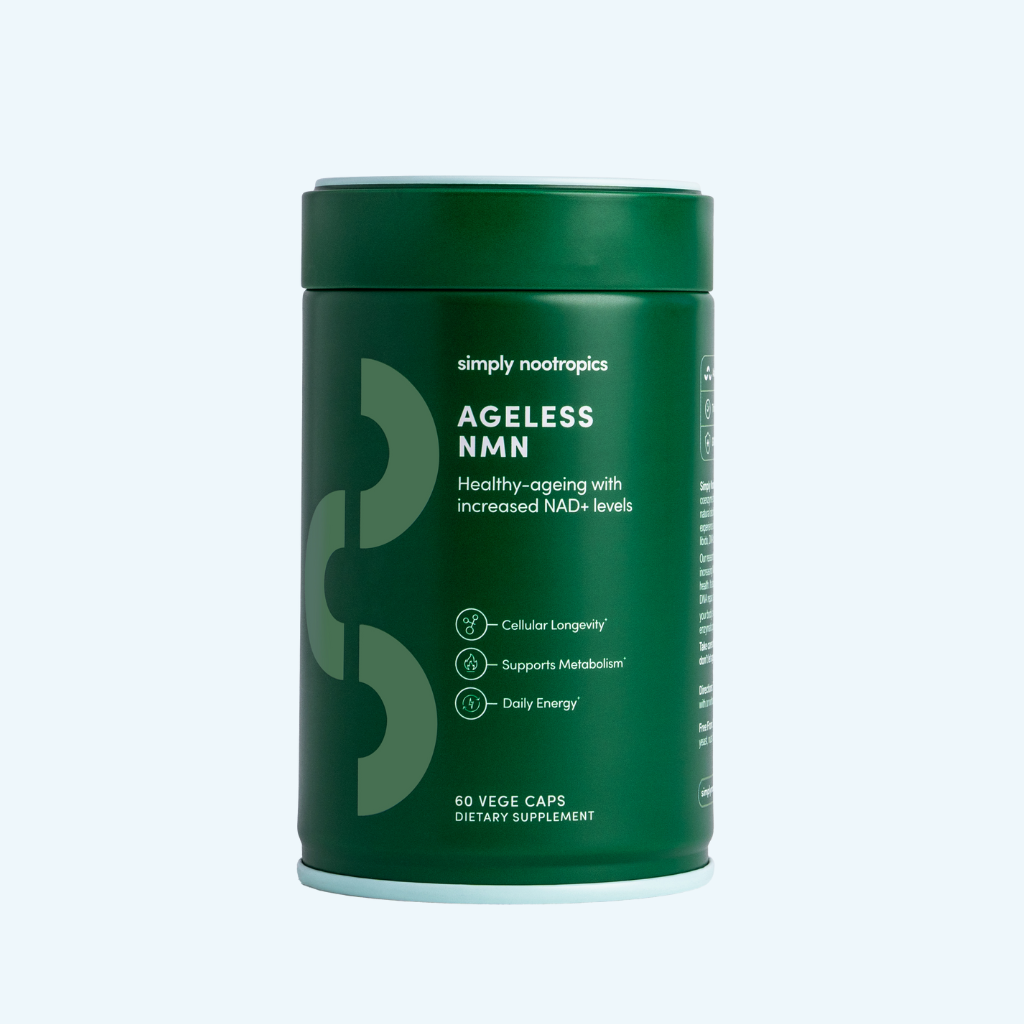Why are fish so smart? Because they hang around in schools. Seriously though, seafood is a vital food source for us humans and an important source of Omega-3 fatty acids, which play a key role in healthy brain function.
And yet, there's a problem: human pollution and dwindling fish stocks have made eating fish a risky business. It can be tricky balancing the benefits and risks of seafood choices. According to the Environmental Working Group, eating the recommended weekly quantity of fish results in consuming dangerously high amounts of mercury while only receiving relatively modest amounts of omega-3s.
Pollutants in fish: Not so healthy?
Mercury, a toxic metal and by-product of coal and oil-fired power plants, is showing up in seafood with increased regularity. As you're no doubt aware, mercury toxicity may be putting people at risk for brain fog and depression. Mercury poisoning causes nerve damage and reproductive issues.
The fish with the highest concentrations of mercury include some of our popular favourites:
- Mackerel
- Marlin
- Bluefish,
- Swordfish,
- Sturgeon,
- Roughy
- Sea bass,
- Snapper,
- and tuna.
Micro-plastics, heavy metals (not the music), and highly toxic industrial chemicals (like Polychlorinated biphenyls, or PCBs) in our modern diets are linked to an assortment of negative health effects on everything from the immune system to the brain. And although PCBs are found in meat, dairy products and drinking water, nothing is more contaminated than fish.
With all this in the water, you could be forgiven for turning your nose up at fish.
Environmental reasons to limit intake of fish
There are also concerns around seafood’s sustainability and carbon footprint (LOL, I know, "fish don't have feet!"). Research by the UN's Food and Agricultural Organisation found that the global levels of biologically sustainable fish stocks have depleted by a quarter since 1974, from 90% to under 66% today. Many fish such as salmon are farmed to offset the depletion of the marine ecosystem. You might have ethical issues with thousands of naturally travelling fish trapped in a cage - but even if you don't, you won't be happy with the antibiotics and pesticides farmers add to the water, which fish ingest and absorb - and pass on to hungry humans.
Ironically, the fish in fish farms are fed fish-meal made from Peruvian anchovies that are lower in Omega-3s than the fish species they would normally feed on in the wild. This, in turn, means the Omega-3 content in the fish we consume is diluted.
Oceans are being depleted, and fish farms are problematic. So what's the alternative?
Omega3 Fish Oil Supplements: Not so fresh out the bottle
We still want our Omega-3 fatty acids, right? After all, eicosapentaenoic acid (EPA) and docosahexaenoic acid (DHA) play an essential part in helping your blood vessels, heart, and immune system to work properly, and we don't produce them in our body very well. That's why millions of people worldwide resort to fish oil pills. It's a billion-dollar industry in the United States alone.
But are supermarket fish oil supplements any good?
While not the same as eating fish, oil supplements can, in theory, give some of the same benefits. The problem is not all supplements are created equal. The amount and efficacy of EPA and DHA contained in the capsule can vary. But even worse, fish oil is highly labile, meaning it is very vulnerable to oxidative degradation. In New Zealand, over 80% of over-the-counter supplements tested exceeded international voluntary safety recommendations for total oxidation (TOTOX).
Don't believe me? Open a capsule up and take a whiff. It's probably rancid. Not only is that smell revolting, but it's also not going to be easy on your stomach. Nobody wants to have fishy farts throughout the day! But all is not lost because in a discovery that could have important implications for our well-being and long term health, scientists have found a new source of Omega-3 fatty acids: algae.
Algae: a super source for your daily Omega-3
Algae have very similar nutritional and functional levels of Omega-3 to what you find in fish. Algae naturally produce DHA and EPA. It's actually algae that are the primary source in the marine ecosystem of the DHA and EPA in the Omega-3 food chain (then plankton, then smaller fish, bigger fish, then us!). So, when you think of getting Omega-3 from fish, the fish actually gets it from algae.
What are the advantages of cutting into the food chain?
Micro algae are grown in a controlled environment, so the algae have not been exposed to - and bioaccumulated - all those heavy metals and PCBs that fish flesh does. It's all natural! They are also sustainable - they grow rapidly, never overpopulate the water, don't require fish-meal to grow, and produce no waste. This means they're a more environmentally-friendly choice that's better for you.
What does this mean for your health?
Although most studies of DHA investigate fish oil, research has found that algae sources of DHA increase the bioavailability by the same percentage - so the same beneficial effects are likely (without the detrimental issues that fish, or fish oil, come with). The benefits of DHA and EPA are well established. These include:
- Improving Heart Health
- Fighting Inflammation
- Supporting Muscle Recovery After Exercise
- Helping Visual Acuity
- Lowering Blood Pressure and Promoting Circulation
- Supporting Men’s Reproductive Health
- May Assist in Protecting Mental Health
Nutrients from microalgae are easy to digest, ensuring your body can make good use of them. Simply Nootropics' Elevate contains 300mg of algal powdered DHA, which we believe is the perfect amount. If you prefer Omega-3 without mercury (or the bad smell), algae is a better choice than fish or fish oil supplements. It's healthier for you, the environment, and sustainable. What more could you want?















